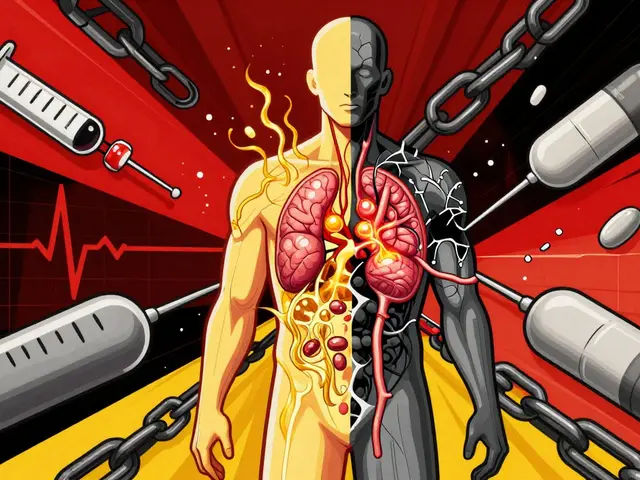Mental Health: Practical Guides, Treatments, and Everyday Tips
If you're feeling anxious, low, or just curious about how to care for your mind, you're in the right place. This category collects clear, practical posts about anxiety, medications like buspirone, therapy options, and simple daily habits that actually help. I focus on real advice you can try without medical jargon and point you toward when to talk with a professional.
Start with quick reads: I explain how buspirone works for generalized anxiety disorder, and I bust myths about addiction risk. Those posts break down benefits, timelines for seeing effects, common side effects, and how buspirone compares to benzodiazepines. If medication feels overwhelming, you'll find plain-talk posts about therapy styles, coping skills, and how to choose what fits your life.
Practical steps you can use today
Small changes add up. Try setting a predictable sleep schedule, moving for 20 minutes a day, and practicing a short breathing exercise when worry spikes. Keep a simple log for a week: note mood, sleep hours, and one win each day. This helps spot triggers and shows progress when things improve slowly. If worry or low mood interfere with work, school, or relationships for more than two weeks, consider reaching out to a clinician.
Medication can help, but it's one part of the picture. For example, buspirone often takes a few weeks to work and isn't habit-forming like some anti-anxiety drugs. I explain dosing, what to expect after two, four, and eight weeks, and common side effects in easy terms. Always review changes with your prescriber. If side effects are bothering you, your doctor can adjust the plan or suggest alternatives.
When to get professional help
If you're thinking about hurting yourself, call local emergency services or a crisis hotline immediately. If daily tasks feel impossible, or you notice sudden changes in sleep, appetite, or thinking, book an appointment with a mental health professional. Ask about evidence-based treatments like cognitive behavioral therapy (CBT) and practical medication plans. A good clinician will match treatment to your goals, not push one-size-fits-all solutions.
Use this category as a map. Read the buspirone articles to learn how that drug fits into treatment options for generalized anxiety disorder, then explore posts on coping skills and therapy choices. Bookmark helpful guides, save questions for your next appointment, and come back when you need straightforward summaries without hype. Your mental health work is personal — these posts are here to make that work easier and clearer.
If you're unsure where to start, pick one small change and track it for two weeks. Try a five-minute breathing routine each morning, swap one caffeinated drink for water after noon, or set a 10-minute walk after work. If you start a medication, keep a side-effect and benefits journal and bring it to follow-up visits. Asking clear questions—What should I expect in four weeks? When should I call?—makes appointments more useful. You don't have to fix everything at once; steady steps move you forward. Start today.
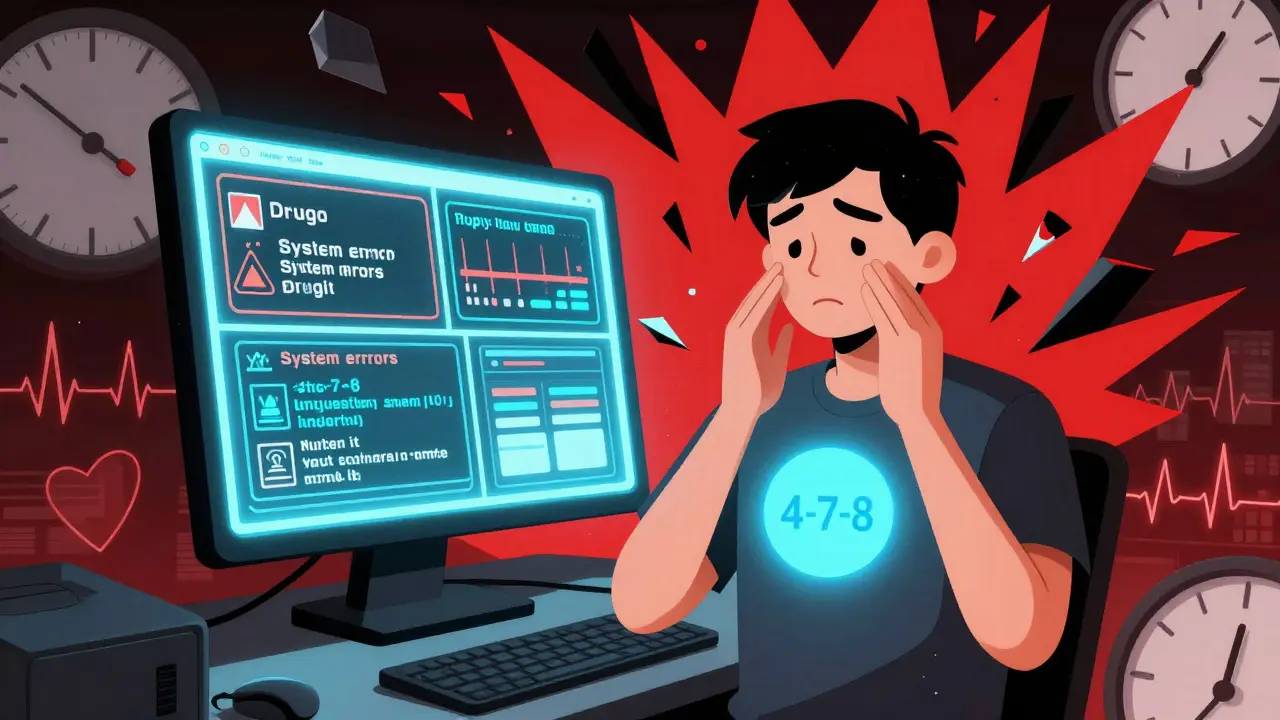
How to Avoid Panic and Make Informed Decisions After Alerts
Learn how to stay calm and make smart decisions after receiving alerts, using science-backed techniques like breathing, grounding, and TIPP. Reduce panic and improve response accuracy in high-stress situations.
read more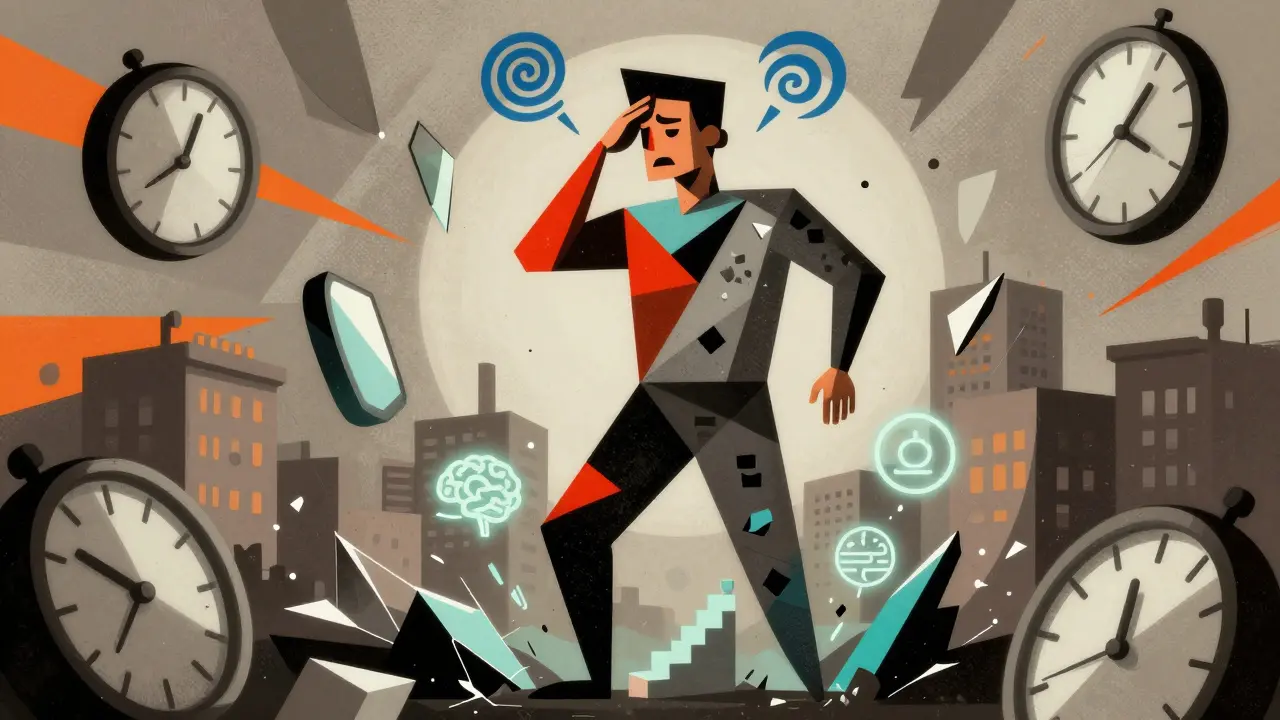
Anxiety Disorders: Types, Symptoms, and Evidence-Based Treatments
Anxiety disorders affect 19% of U.S. adults and include GAD, panic disorder, and social anxiety. Evidence-based treatments like CBT and SSRIs are proven to reduce symptoms. Learn the types, real symptoms, and what actually works.
read more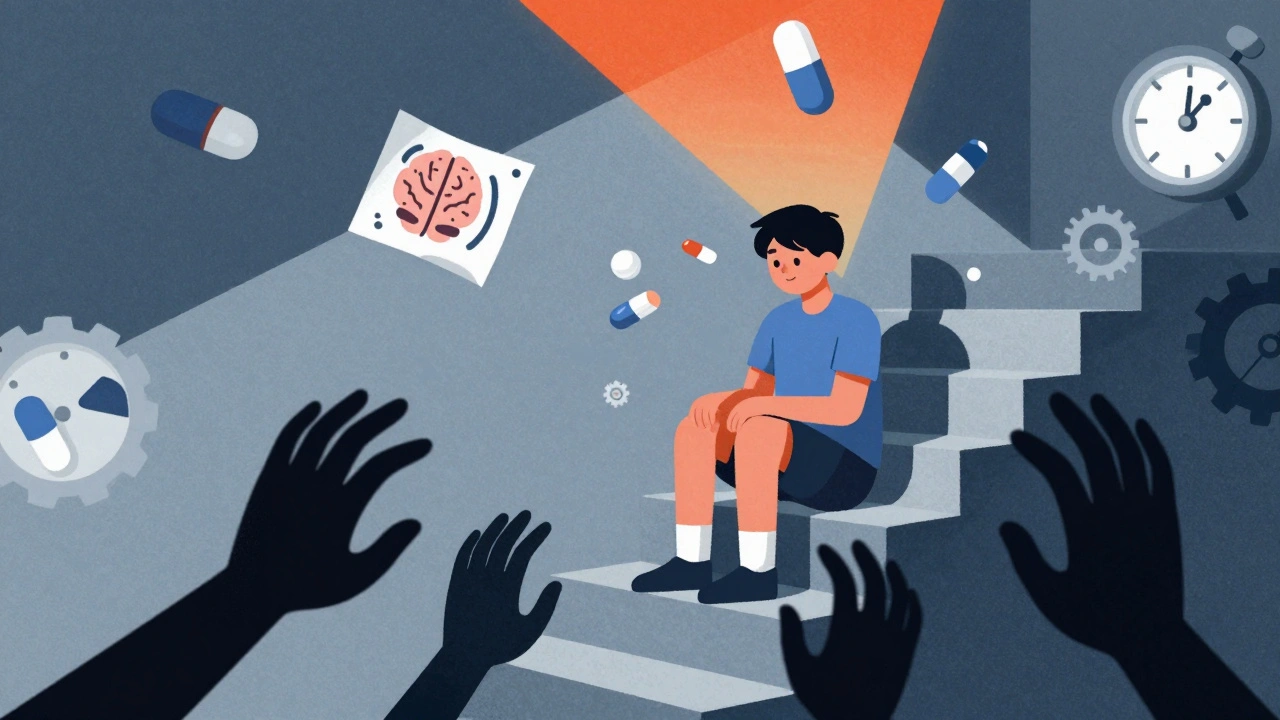
Adolescents and Psychiatric Medications: How to Monitor for Suicidal Ideation
Adolescents on psychiatric medications need close monitoring for suicidal ideation, especially in the first weeks of treatment. Learn the warning signs, best practices, and how families and providers can work together to keep teens safe.
read more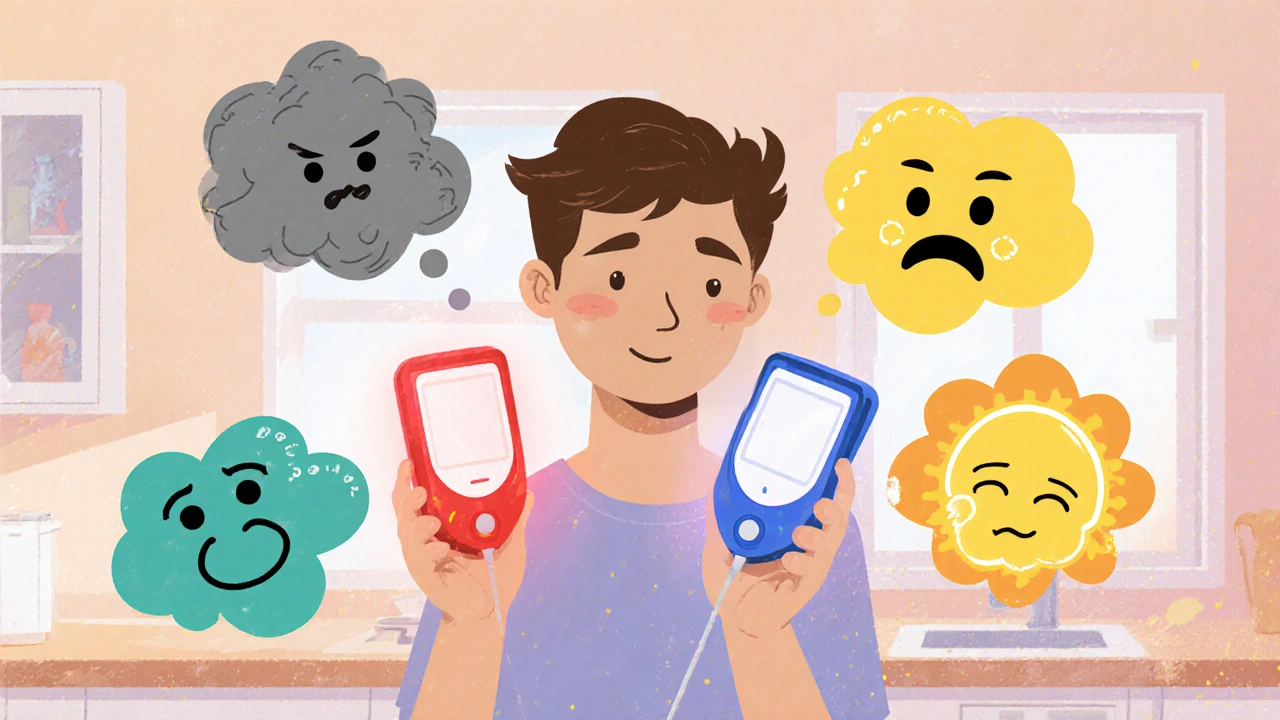
Managing Type 2 Diabetes and Mental Health: Practical Ways to Cope with Emotional Challenges
Learn how Type 2 Diabetes affects mental health and get practical coping tools for depression, anxiety, and stress, plus when to seek professional help.
read more
Amiloride and Bipolar Disorder: What We Know, What’s Promising, and How to Use It Safely (2025)
Can amiloride help bipolar disorder? Clear 2025 guide on mechanisms, evidence, and its practical role for lithium side effects, plus safety, monitoring, and next steps.
read more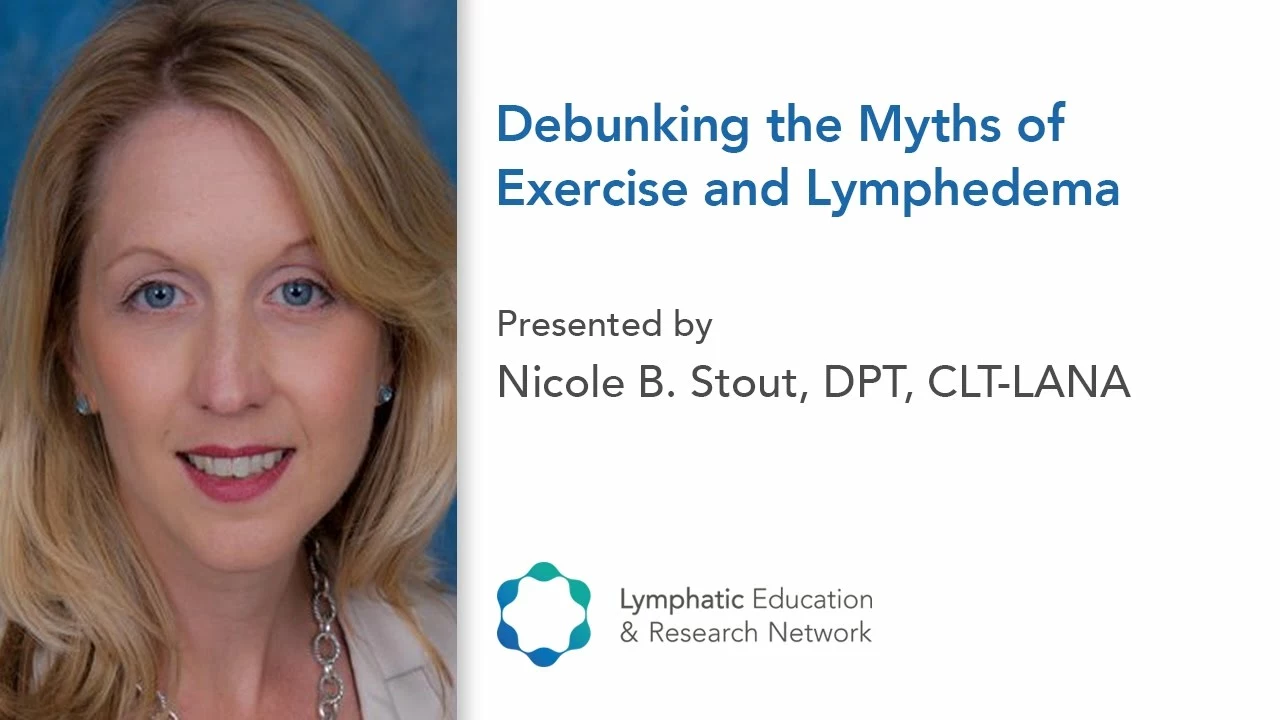
Is Buspirone Addictive? Debunking the Myths
In my latest blog post, I dig deep to uncover the truth about buspirone and its potential for addiction. A lot of people seem to have misconceptions about this anti-anxiety medication, so I wanted to clear things up. After conducting thorough research, I found that buspirone is, in fact, non-addictive and has a low risk of abuse. However, it's essential to follow the prescribed dosage and consult with a healthcare professional if you have concerns. Stay tuned to my blog for more myth-busting and useful information on mental health!
read more
Can Buspirone Help with Generalized Anxiety Disorder?
As a blogger who recently researched the topic of Buspirone for Generalized Anxiety Disorder (GAD), I've discovered some interesting findings. Buspirone is a medication that has been shown to help manage symptoms of GAD, such as excessive worry and tension. It works differently from other anti-anxiety medications, as it is a non-benzodiazepine and has a lower risk of dependency. Many people have found relief from their anxiety through Buspirone, but it's essential to consult with a healthcare professional before starting any new medication. Overall, it seems that Buspirone can be an effective option for those struggling with GAD, but individual results may vary.
read more



